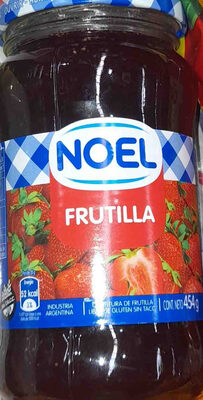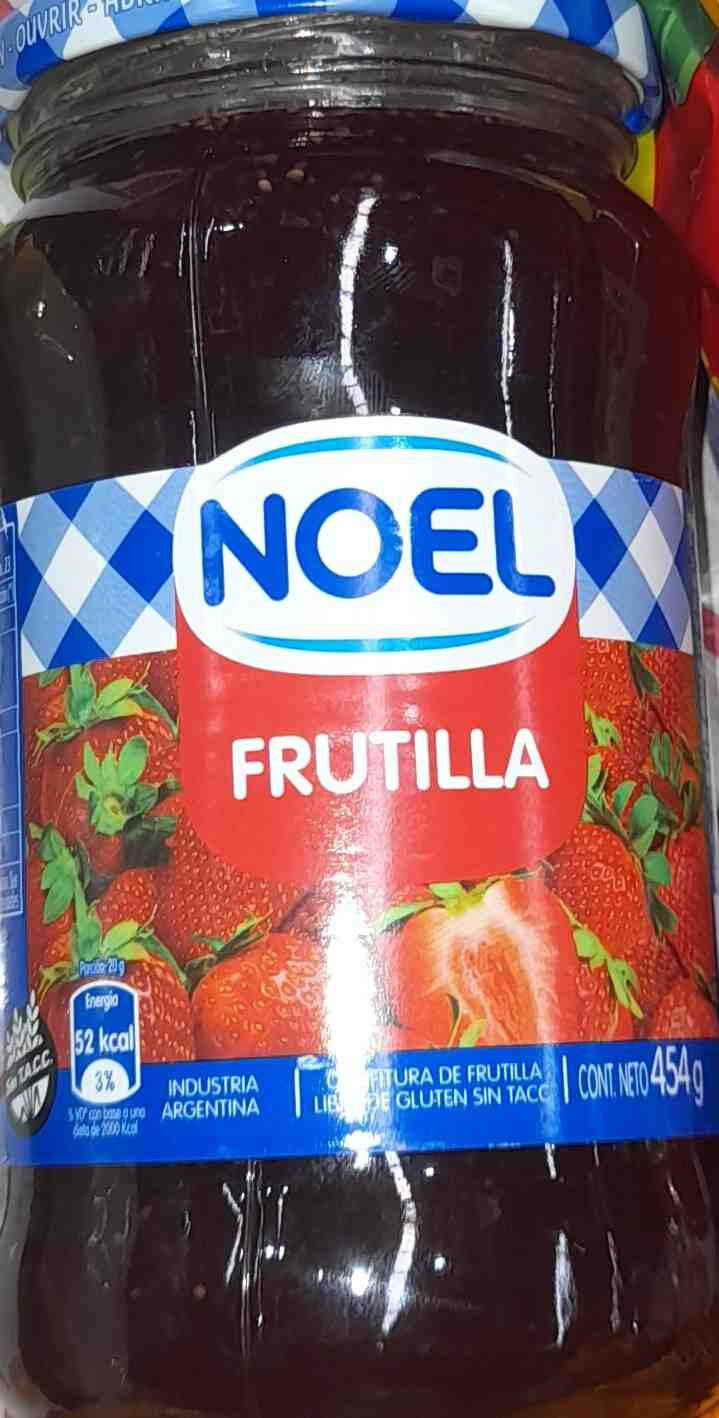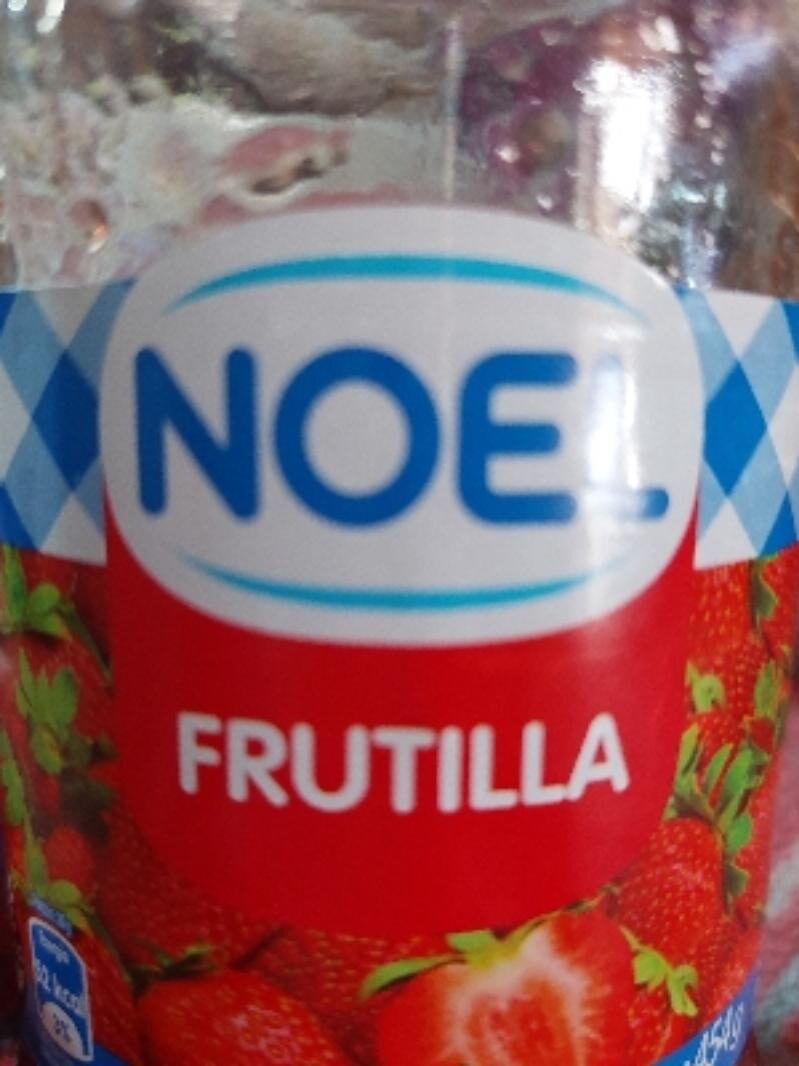NOEL mermelada (frutilla) - 454 g
This product page is not complete. You can help to complete it by editing it and adding more data from the photos we have, or by taking more photos using the app for Android or iPhone/iPad. Thank you!
×
Barcode: 7795184119794 (EAN / EAN-13)
Quantity: 454 g
Packaging: Glass
Brands: Noel
Categories: Plant-based foods and beverages, Plant-based foods, Breakfasts, Spreads, Plant-based spreads, Sweet spreads, Fruit and vegetable preserves, Jams, Berry jams, Strawberry jams
Origin of ingredients: Argentina
Countries where sold: Argentina
Matching with your preferences
Environment
Carbon footprint
Packaging
Transportation
Report a problem
Data sources
Product added on by veganeamos
Last edit of product page on by elcoco.
Product page also edited by ecoscore-impact-estimator, flipwared, openfoodfacts-contributors, roboto-app.
If the data is incomplete or incorrect, you can complete or correct it by editing this page.








